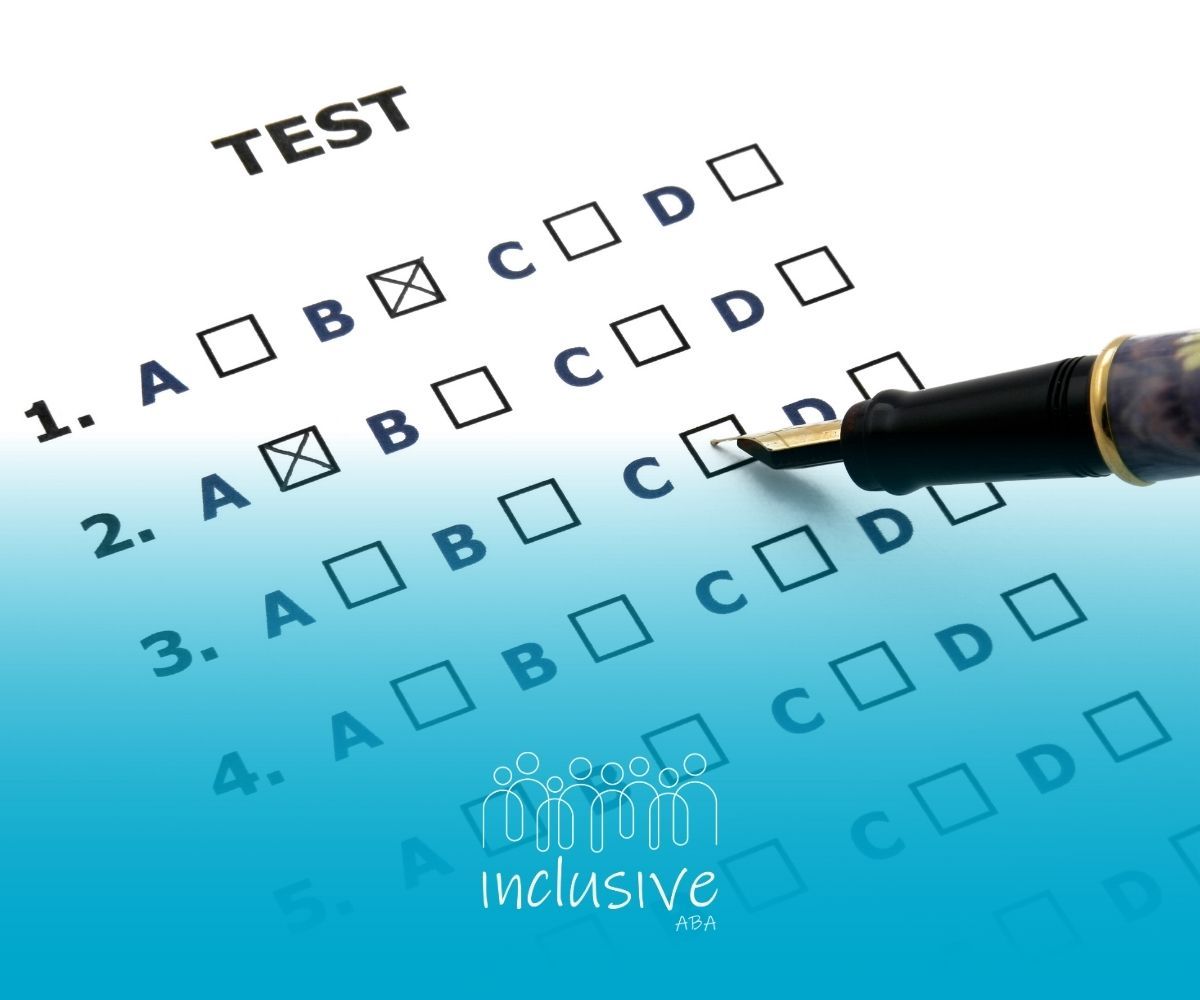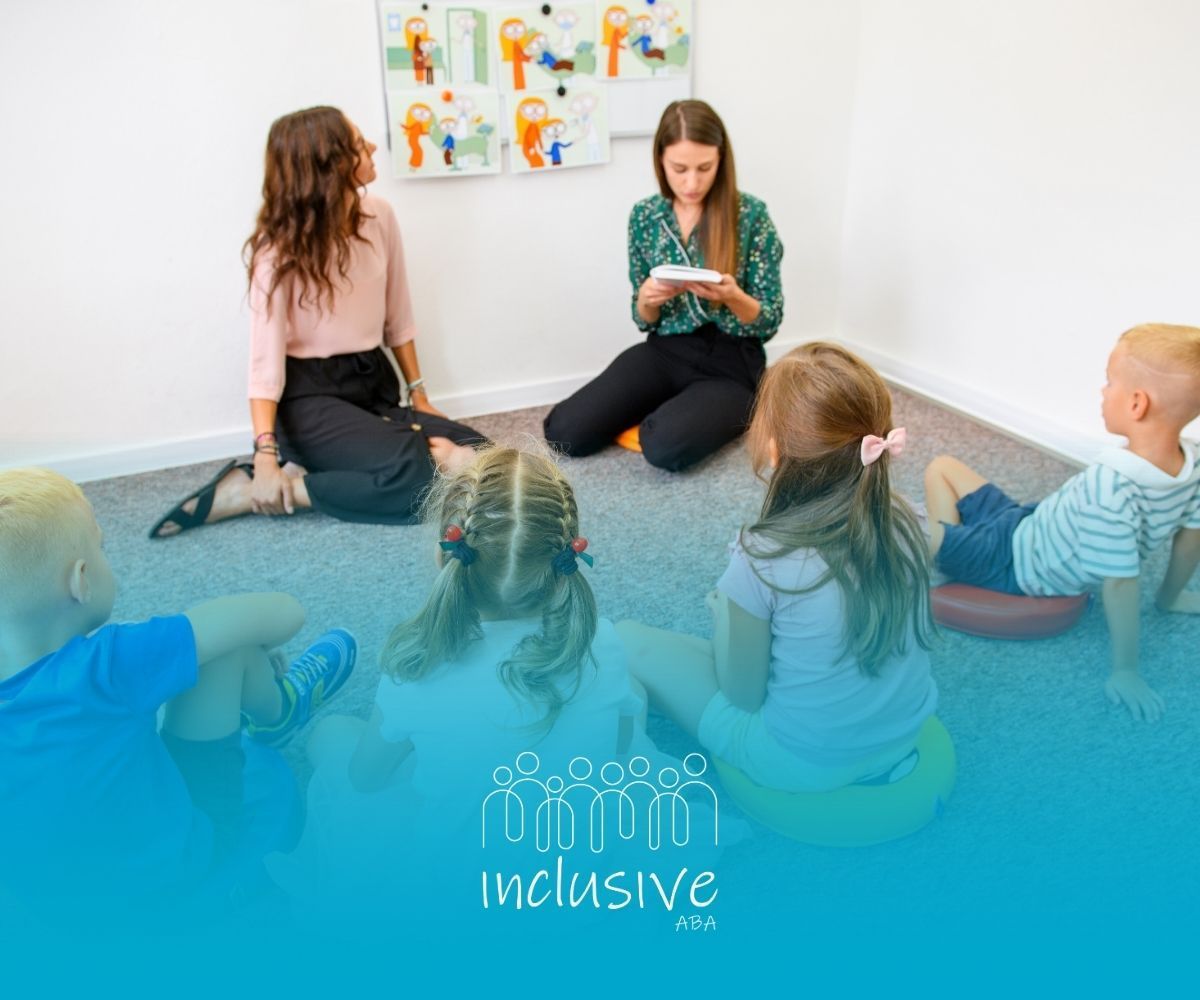Does Every Level of Autism Require ABA Support?
Kids and adults across all three DSM‑5 levels of autism (Level 1 – “requiring support,” Level 2 – “requiring substantial support,” Level 3 – “requiring very substantial support”) can benefit from ABA therapy—especially when challenges impact daily functioning, communication, or behavior.
While not every case needs the same intensity of intervention, ABA is often recommended to support individuals who struggle in ways that hinder daily life or learning.
Level-by-Level Breakdown: Who Needs More ABA?
Level 1 (“requiring support”)
Usually considered mild, individuals may navigate daily life but stumble on social cues or transitions.
Traditional ABA might be less intensive here. Instead, targeted support like social skills groups, play-based therapy, or motivational reinforcement often suffices—and is more in tune with the community’s recommendation to tailor interventions to individual needs.
Levels 2–3 (“requiring substantial or very substantial support”)
These levels feature more pronounced social, communication, and behavioral challenges. Research shows early, intensive ABA can significantly improve real‑world outcomes for children in these categories.
For instance, Level 3 individuals may need structured ABA to foster communication, self‑care, and independence—turning profound difficulties into achievable daily goals.
ABA isn’t about forcing conformity; it’s about teaching skills in a way that aligns with each individual’s strengths. According to a meta‑analysis, “ABA results in small to moderate improvements in communication and adaptive skills” when customized and applied early.
The secret? Flexible, person-centered therapy that respects preferences and pace—whether that’s reducing anxiety during transitions or learning self‑help skills.
If you’re wondering whether ABA is right for your child or loved one, consider:
- What specific challenges exist?
- Which support strategies best match their communication style?
High-quality ABA adapts to these signals—not the other way around.
Looking for compassionate ABA that meets your family where you are?
Inclusive ABA provides in-home and school-based ABA services across Nevada, Nebraska, Colorado, Utah, Iowa, and Ohio.
We accept all major insurance, offer bilingual support, and are committed to individualized, family-focused care. Reach out to see how we can help your child thrive.
Looking for Expert Help? We're Here for You!
Our compassionate and skilled team is devoted to enhancing your child's development through customized ABA therapy. Let us partner with you to create a supportive environment for your child's success.
Discover how we can help your family thrive with expert ABA therapy.
Related Posts







